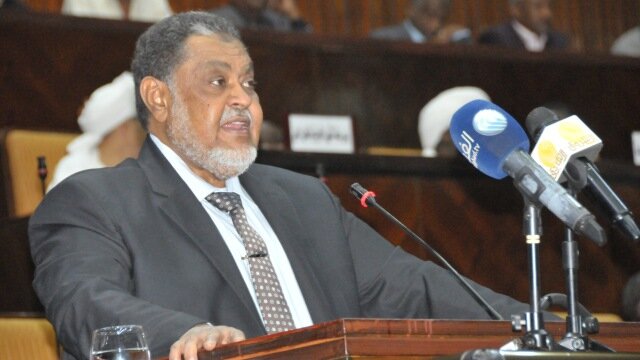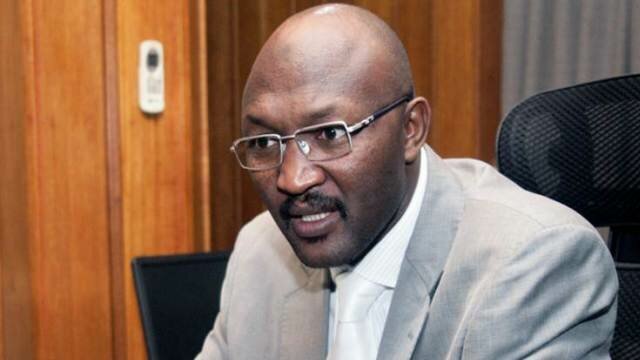I am very pleased to be here today to join this discussion regarding “the National and International Responsibility to the Refugees in Sudan”
.
On behalf of UNHCR, the UN Refugee Agency, I would like to take this opportunity to acknowledge Sudan’s hospitality towards refugees and asylum-seekers. Sudan has a long history of welcoming people from different regions. For more than half a century, Sudan has continued to show solidarity towards persons who have been forced to flee their countries due to conflict, violence and persecution.
Today, hundreds of thousands refugees and asylum seekers from different countries are hosted in Sudan, including from: the Central African Republic, Chad, Eritrea, Ethiopia, Yemen, Syria, South Sudan and other countries.
Of these, some 800,000refugees are from South Sudan and other sources estimate that this figure is even higher. This makes Sudan the country hosting the second largest number of South Sudanese refugees in the region.
Over 420,000 have sought safety in Sudan since conflict have erupted in South Sudan in December 2013. Over half of them crossed the border into Sudan last year alone. The large number of refugees has certainly increased pressure on infrastructure and resources that were often overstretched prior to the refugee influx.
While an attention often goes to South Sudanese refugees, we should not forget other refugees in Sudan. For example, there are some 100,000 Eritrean refugees in the East who have been in Sudan for decades and for whom solutions need to be found.
Although challenges exist for Sudanese people themselves, Sudan has not spared its generosity and has continued to keep its doors open to refugees and allow them to seek asylum in the country. The Sudanese people have often been the first responders to the needs of refugees, particularly in remote areas, where delivering humanitarian assistance can prove more challenging. Together with the Minister of Interior, COR Commissioner, other government officials, UN colleagues and donors, I travelled to different locations where refugees are settled, sometimes spending two days to reach some locations through very bumpy roads. I have personally witnessed many touchy examples where refugees and host communities are living peacefully side by side, sharing very limited resources
In El Meriam, West Kordafan, I saw a local chief hosting South Sudanese refugees in his house like his family In another location, I witnessed Sudanese and South Sudanese refugee children studying together in a very congested local school.
Supporting refugees, and the communities that are so generously hosting them, is a collective responsibility. UNHCR is working closely with the Commissioner for Refugees, line Ministries, local authorities, donors, UN agencies and NGO partners. The whole community, humanitarian, development and private sectors, just to name a few, needs to support Sudan in assisting refugees and host communities.
Donor support to Sudan has consistently been generous over the years. However, as the needs grow, funding is, unfortunately, lagging behind needs. As an example, the inter-agency 2017 South Sudanese Refugee Response Plan was only 35 per cent funded at the end of last year.
We need to do more and we need to do it together. We urge donors to maintain adequate, flexible, timely and sustainable funding to allow us to respond to the enormous needs.
While the needs are enormous, what I also witnessed is that small support could make a big difference to the life of a refugee. For example, 60 Sudanese pound allow a refugee child to pay for school fees and to attend a primary school.
The number of refugees is expected to grow in 2018 unless urgent political solutions are found to the South Sudan’s conflict, UNHCR hopes for a lasting and sustainable solution in South Sudan, more specifically, peace. In the meantime, it is essential that the lifeline provided by humanitarian aid is maintained, and humanitarian access further expanded to enable life-saving support for all those in need.
Refugees do not want to be a burden. Refugees are willing to work to contribute to the well-being of the country that hosts them. The collaboration of all national and international actors is essential to support them to stand up with their own feet particularly through increasing their access to education and livelihood activities, and to be a positive contributor to the societies. Corporations and private individuals can also help. Together we can give hope and better future to hundreds of thousands of refugees in Sudan.
-
Practical Action (Sudan) Launches Poor People Energy Outlook
-
World Economic Outlook January 2018: Brighter Prospects, Optimistic...Next >


